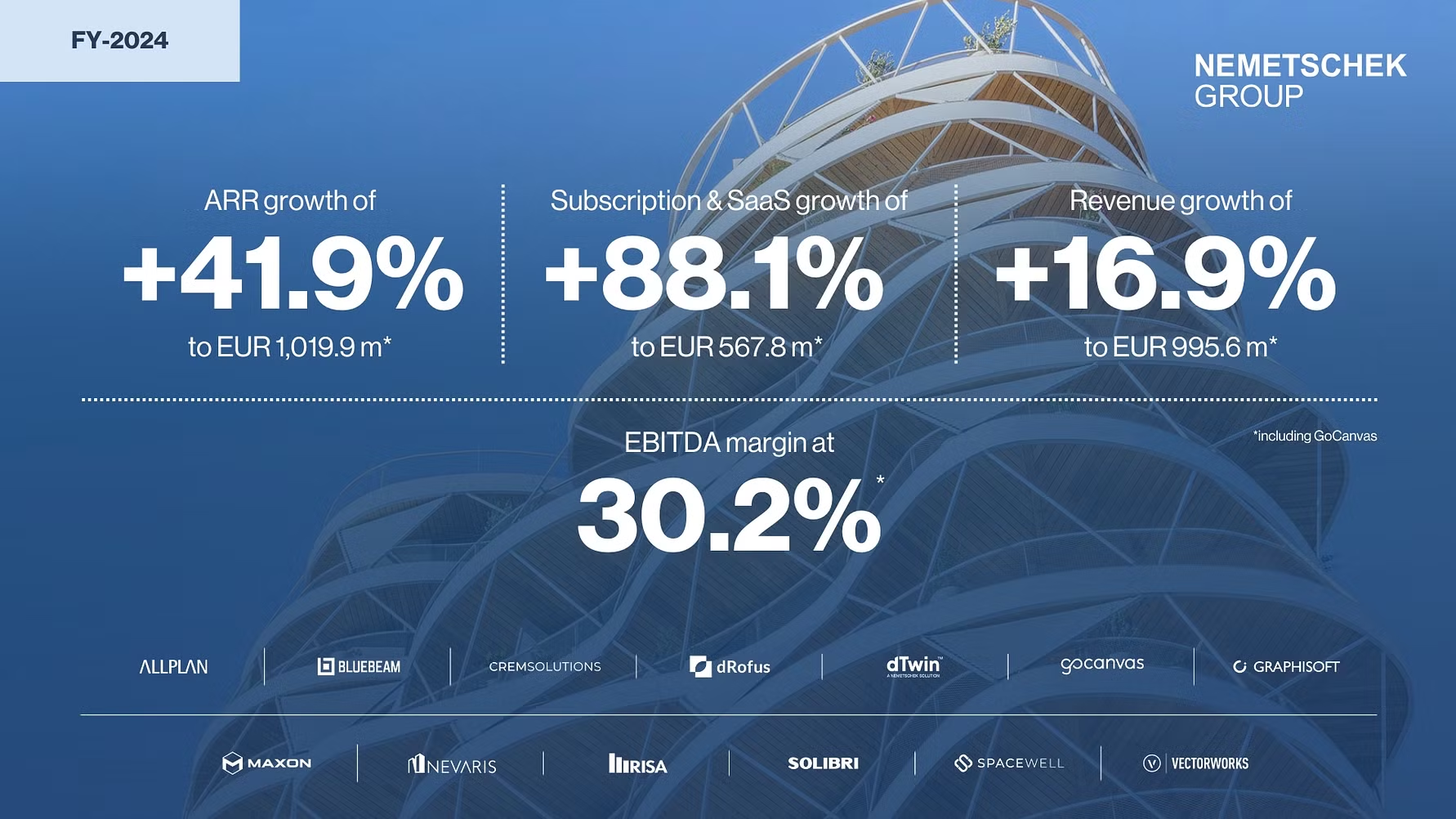In this episode of Inside Modular, Carson Holmquist, co-founder and CEO of Stream Logistics discusses his company’s recent investments in the growth of Stream’s modular construction logistics
This episode of Inside Modular discusses modular construction logistics, and how Stream’s new equipment and operating systems will benefit project stakeholders up and down the project ladder.
Carson also discusses his excitement to return to MBI’s World of Modular conference and tradeshow and offers prospective attendees a compelling reason to attend.
What challenges have you encountered with modular construction projects in the past?
“The challenges we run into a lot is speed. How can we do this efficiently and quickly to capture the primary benefit of offsite construction, which is speed occupancy. There’s a lot of benefits, but that’s the primary one.
“The second thing that we always have to think about is overcoming constraints. Whether that’s space constraints, storing modules at a factory, the constraints of a staging yard of ingress and egress to a project site.
“There’s always some element of constraints and sometimes they look different from project to project. There are overlapping themes where we have to be creative on how we overcome these constraints to make sure we’re super reliable in getting the modules or the components to the job site on time.
“We’re very efficient doing it, so we’re keeping budget in mind. So that’s what really drew us to the modular industry. It’s a perfect example of what we call high-stakes freight.”
What inspired you to launch Stream Modular?
“The decision to launch Stream Modular is all about specialisation. We’re taking some incredible team members from Stream Logistics, and putting them over at Stream Modular, and they are only working on transport for mods, pods, and panels.
“So, their entire day is steeped in this world. We’re learning much faster, there’s faster iteration cycles for the development of our solutions. At the end of the day, the whole concept we think about is density of repetition. Our team members are just getting repetition after repetition of designing project solutions, implementing them, and managing projects, and we’re learning very quickly.
“That was the decision where it’s like, specialisation is going to get us to a place where we can help the industry even faster and even more effectively.”
What do you think the next three to five years will be like for modular construction?
“We’re on the verge of something big if we can pull off something specifically. So, there are a few groups of people and some really impressive individuals who are actively trying to work on getting some sort of nationalised building code for modular.
“These factories can start doing closed wall manufacturing; they can start building the same product with higher replication and capture the efficiencies that, frankly, many other countries already have. If that happens, the industry has the potential to explode, where we can really capture the efficiencies on the industrialised construction front.”
To learn more about the Inside Modular podcast, watch the full episode here.





![[VIDEO] Making DorTrak reports easy to read with Fireco Inspecting fire doors at Fireco, firedoor technology, 2023](https://www.pbctoday.co.uk/news/wp-content/uploads/2024/04/JPZ_2364-web-218x150.jpg)
![[VIDEO] Re-flow Field Management review by Traffic Management Installations When TMI began subcontracting for councils and government bodies, they wanted to present their site reporting in a more professional manner](https://www.pbctoday.co.uk/news/wp-content/uploads/2025/03/TMI-Media-1-218x150.png)







